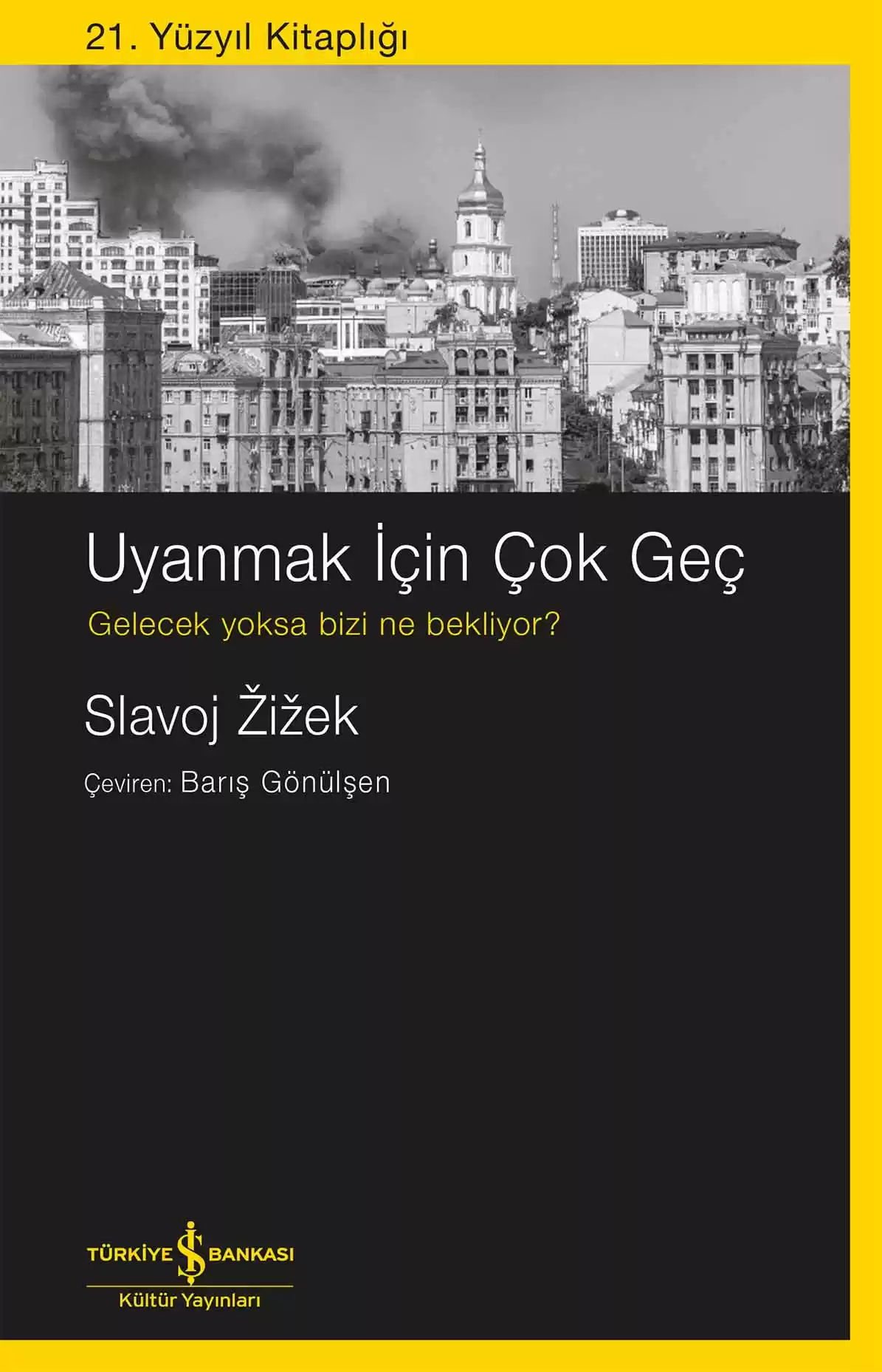What do you think?
Rate this book


160 pages, Paperback
First published January 1, 2023
[W]e need an awakening to what we are not yet, and could still become.
We all rail against class-distinctions, but very few people seriously want to abolish them. Here you come upon the important fact that every revolutionary opinion draws part of its strength from a secret conviction that nothing can be changed … The fact that has got to be faced is that to abolish class-distinctions means abolishing a part of yourself … I have got to alter myself so completely that at the end I should hardly be recognizable as the same person.
{Emphasis in bold mine.}
We solace ourselves with the thought that there is still time to act, and then, all of a sudden, we realize that there isn't.
. . .
What we get in today's cunical functioning of ideology is interpassive non-knowledge, the other DOESN'T know for me – I comfortably dwell in my knowledge, ignoring thisd knowledge to an Other.
. . .The cynical reasoning is: 'I know very well what I'm doing so you cannot reproach me that I don't know what I am doing.' This is how, in today's capitalism, hegemonic ideology includes (and thereby neutralizes the efficiency of) critical knowledge: critical distance towards the social order is the very medium through which this order reproduces itself.
. . .
[The fetish is not the element to which I hold do that I can act ignoring what I know–fetish is this knowledge itself.